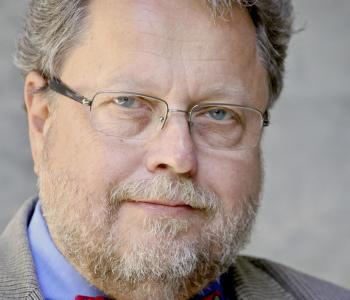非常抱歉,
你要访问的页面不存在,
非常抱歉,
你要访问的页面不存在,
非常抱歉,
你要访问的页面不存在,
验证码:

职称:Professor of Economics
所属学校:California Institute of Technology
所属院系:Economic
所属专业:Business/Managerial Economics
联系方式:4218
B.S., Caltech, 1974; Ph.D., University of Minnesota, 1979. Assistant Professor, Caltech, 1979-83; Associate Professor, 1983-95; Professor, 1995-. Executive Officer for the Social Sciences, 1995-99.
Kim Border's recent research is in the areas of decision theory and incentive design. He is interested in applying insights from mathematical areas such as convex analysis and network flow programming to design incentives to solve resource allocation problems and to address issues of making decisions under risk. He's particularly interested in the mathematical characterizations of the behavior implied by expected utility theory and some of its alternatives. He has extended classic "Dutch book" arguments in favor of acting according to the classical rationality embodied in the expected utility hypothesis (EUH). (A Dutch book is a situation in which a decision maker who violates the EUH can be forced to lose money.) On the other hand, Border and Uzi Segal have constructed examples of game-theoretic situations in which an expected utility odds-maker constructs a Dutch book in response to the presence of non–expected-utility decision makers. In other words, classically rational behavior may not be the classically rational best response to non-classically rational behavior. Along with Paolo Ghirardato, Border and Segal have also investigated the extent to which subjective probabilities must agree. They showed that if the subjective probabilities are atomless—that is, every event can be subdivided into events of positive probability—then there is a very rich set of events for which everyone must agree on the probability. There is renewed interest in some of his earlier work on characterizing feasibility in auctions. He is now investigating the mathematical structure of related problems, including unexpected connection to axioms in revealed preference theory. At Caltech, Border was the director of graduate studies for the social sciences from 1994 to 1996, executive officer for the social sciences from 1995 to 1999, and chair of the faculty from 1999 to 2001. Previously, he was a visitor at the Institute for Advanced Studies at the Hebrew University of Jerusalem in the summer of 1983. He was on the editorial board of Economic Theory from 1990 to 2000 and was a panelist for the National Science Foundation's Research Fellowship Program in 2003 and 2004.